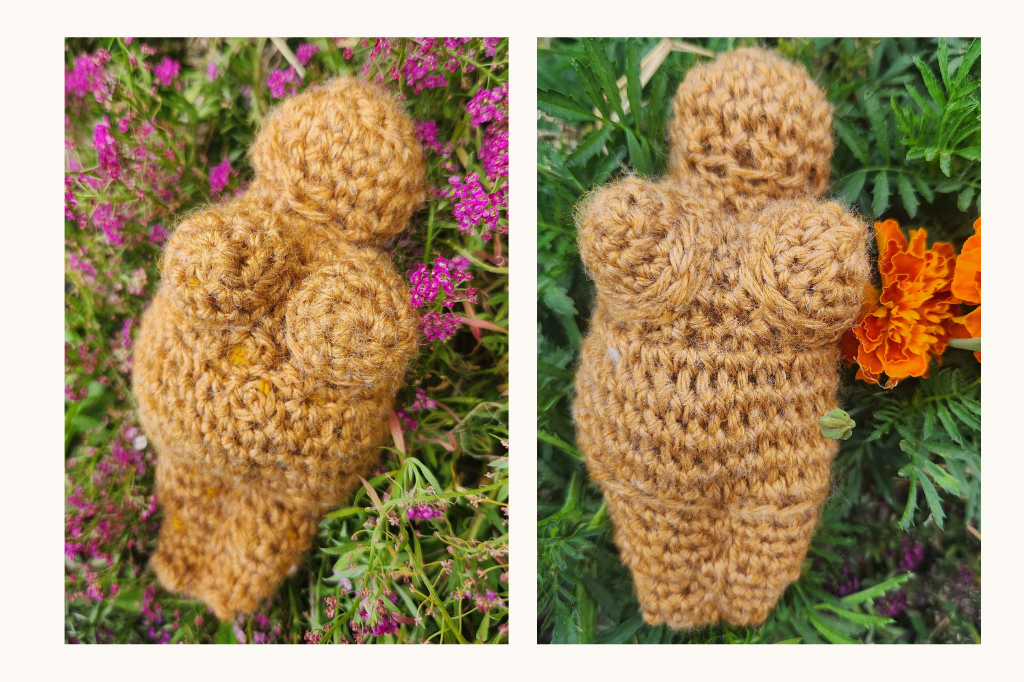‘Gentle Parenting’ has been dominating on social media lately, but what is it?
Gentle parenting is a parenting style that emphasizes emotional intelligence, healthy boundaries, and equivalent consequences.
At its’ heart, gentle parenting is simply a re-branding of authoritative parenting which is one of the four primary parenting styles.
Why Call it ‘Gentle Parenting’?
If authoritative parenting and gentle parenting are technically the same, then why use the term “gentle” instead of “authoritative”?
Well, for two reasons:
- Gentle parenting is an accessible and descriptive way to refer to the parenting style
- Authoritative and Authoritarian sound really similar and it’s easy to get them confused
And that’s it!
In the same way I tell my toddler to use ‘gentle hands’ versus advising him ‘to cease desist from his aggressive behaviors’.
Sometimes simpler is better.
What Makes Gentle Parenting Unique?
Gentle Parenting requires a lot of patience from parents.
Teaching emotional intelligence and healthy boundaries means that you first have to model those behaviors. If we want our children to voluntarily apologize then we have to also be willing to apologize to them.
If that sounds difficult to you, welcome to the primary challenge of gentle parenting!
Gentle parenting requires a lot of emotional labor and introspection from parents because it relies heavily on the ability to emotionally co-regulate.
As an example of how gentle parenting is different than another style, let’s say that your toddler is pretending that they can’t hear you:
It can make you feel defensive…
“They’re ignoring me because they don’t like me”.
Or angry…
“They know I’m trying to talk to them and they’re disrespecting me”.
Or defeated…
“Even my kid won’t listen to me, I don’t know why I bother”.
In an authoritarian parenting style, you may respond to this behavior by telling the child that they’re being bad, threatening to spank them, or having them go to a time-out.
Authoritarian parenting allows you to respond to your child from that initial emotional reaction. You don’t have to figure out why you feel mad because as the parent, you are always right.
Compare that to a gentle parenting style where your response to an unwanted behavior needs to be relevant to that behavior. That means you have to be able to parent past your initial emotional reaction… which is hard!
In gentle parenting you may respond by getting down on their level, acknowledging their feelings, and explaining why it’s important to listen before moving on to any kind of disciplinary action.
It takes a lot of real work to learn to respond to your kids as they are and not how you feel they’re being.
Is It Worth It?
If gentle parenting requires more patience and more emotional labor from the parent… is gentle parenting really worth it?
Well, no one parenting style is the best answer for every family.
Your family may benefit from some aspects of gentle parenting, but not all of them, or it may be just what you’ve been searching for!
Or maybe you think it’s all a load of hogswash.
Before you decide let’s look at the three pillars of gentle parenting: emotional intelligence, healthy boundaries, and equivalent consequences and really dig into the question “What is gentle parenting?”
The Three Pillars of Gentle Parenting

Emotional Intelligence
Emotional intelligence is being aware of your own emotions and being able to respond to them in healthy ways. It can encompass things like empathy, self-awareness, social skills, and self-regulation (also called emotional regulation).
In children, we can see emotional intelligence in behaviors like making friends or feeling sorry.
Most behaviors that parents want from their kids – apologizing, sharing, and playing well with others – all fall into the category of emotional intelligence.
But just like learning to wash their hands after using the potty, children have to be taught how to recognize and respond to their feelings.
And boy-oh-boy but toddlers have a LOT of big feelings.
Gentle parenting emphasizes emotional learning as a way to give children the tools they need to succeed at the skills that we want them to have.
Healthy Boundaries
Boundaries are the limits we have about how we are willing to be treated. Healthy boundaries are boundaries that are based on respect for ourselves and our needs. Unhealthy boundaries put an emphasis on others’ needs above our own.
Healthy boundaries in kids may look like saying ‘no’ to a request from an unknown relative for a hug or with a toddler choosing to go on the smaller slide at the park instead of the big one (which may still seem too scary).
By encouraging healthy boundaries in kids we’re teaching them to trust themselves and how they feel about things. Kids with healthy boundaries are going to be more likely to saying ‘no’ to things that they aren’t ready for yet.
As toddlers this could mean saying ‘no’ to going on the big slide alone and as teens, it could mean saying ‘no’ to a sexual activity they aren’t interested in (or ready for) yet.
Unhealthy boundaries may not seem like a big deal with toddlers, but they quickly become a big deal as we get older. Gentle parenting lays the foundations early to help prevent problems later.
Equivalent Consequence
A consequence is the result of an action. Equivalent consequence in parenting means that the discipline is relative, and relevant, to the unwanted behavior.
If your toddler spills a glass of juice then the consequence is that they help clean up the juice. If they won’t stop throwing a toy at their sibling then the consequence is that they need to go play by themselves (away from their sibling) or that the toy needs to be put away until they are feeling calmer.
Part of that is explaining why the consequence is happening.
“If you can’t stop throwing that toy at your sister you need to go play somewhere else because it isn’t safe for her” or “Uh-oh, your juice spilled! Let’s clean it up so we don’t slip on the floor”.
By having consequences that match the behavior kids are able to learn to consider the impact that they have on others and on their environment.
Final thoughts
Is it worth it? For our family it is.
Gentle parenting puts a lot of emphasis on the things that we value and want to promote as parents and part of that is because it’s so different from the way we were raised.
Gentle parenting is an effective way to break cycles of toxic parenting that were common with our parents and grandparents generations.
Our goal, as parents, is to raise kids that don’t need to heal from their childhood. If our kids get into situations that they don’t know how to handle we want them to think ‘oh man, I need to call and ask mom/dad’ and not ‘oh man, mom/dad is going to kill me’.
For us, gentle parenting is the way that we’ve chosen to try and build that kind of relationship with our kids.
What do you think?
Does gentle parenting seem like your cup of tea? Or do you think it’s just another fad?
Comment below and let me know!
For more about Gentle Parenting and Cycle-Breaking or 5 Ways to be a Gentler Parent check out some of my other posts in the Gentle Parenting section of the blog








